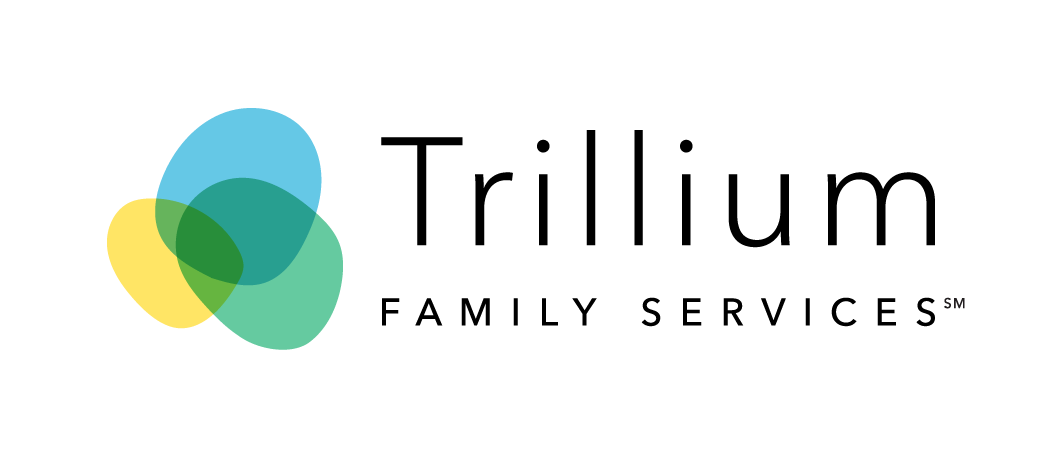One Mother’s True Story
Angie readily admits she was worn down. Years of violent outbursts and restraining holds, the time she sat in the frozen food section at the grocery store bear hugging her son who had lost control, crushed her physically and emotionally.
At his worst, Johnny crashed into walls and threatened violence toward his mother. At 9 years old, Johnny couldn’t do the things other children did. He didn’t have friends; the neighbors didn’t want him playing with their children. He tried but couldn’t participate in team sports.
The causes were complex with several diagnoses, including oppositional defiant disorder, post-traumatic stress syndrome and depression. There were times Johnny’s mind wasn’t his own. The family attended regular counseling, and Johnny enrolled in a therapeutic day school. Angie met periodically with local social service agencies to determine if more could be done.
Johnny would occasionally show improvement, but the family never was relieved of the burdens they carried when Johnny “left his body,” as Angie describes the outbursts. “We were exhausted,” Angie says. “It was like a war zone in our house all the time.”
Angie resisted residential care because she didn’t believe that “strangers” could care for Johnny like she did. She relented because, after trying everything else, she was tired. Residential care was the last place to turn.
On her first visit to the Trillium Campus, Angie found hope again. She believed that Johnny would improve there. How much he would improve surprised even her.
Johnny entered residential care, where treatment staff prescribed the proper medication and began therapy sessions. They helped him build his self-esteem and taught him the decision-making skills he needed to overcome his condition. Family members, including Johnny’s older sister, attended counseling. And in-home skills trainers worked with the family, which practiced what they learned during Johnny’s visits home.
He completed treatment, and he returned home to stay. The family continued with outpatient counseling, but after another four months, they didn’t need ongoing services. The outbursts had ended. Angie and Johnny knew what to do to prevent them.
One year later, as Angie says, talk turned to what’s for dinner tonight rather than what time Johnny’s next crisis would be. Today, Johnny has friends. He goes to birthday parties, skates at the park, and attends sleepovers. Angie holds a regular job, and Johnny is catching up in school. The household isn’t exactly quiet.
Johnny and his sister are teen-agers now, and the house bustles with the comings and goings of kids. But these are sounds of happiness. Trillium Family Services “impacted every aspect of our life,” Angie says, “right down to where I’m able to work, where my son goes to school, who he’s able to associate with, and his opportunities in the community.”

